Beginners can start losing weight by creating a calorie deficit and increasing physical activity. Start with small, sustainable changes for long-term success.
Embarking on a weight loss journey can be daunting for beginners, but with a clear and simple plan, it’s entirely achievable. The key lies in understanding the basics of nutrition and exercise. By focusing on whole foods and incorporating moderate exercise into your daily routine, you’ll set the stage for effective weight loss.
It’s crucial to avoid fad diets and unrealistic goals; instead, aim for gradual progress that encourages a healthy lifestyle change. Balancing your meals with a mix of protein, carbohydrates, and healthy fats will fuel your body and keep you satiated. Remember, consistency and patience are your greatest allies in shedding pounds and keeping them off.
Introduction To Losing Weight For Beginners
Embarking on a weight loss journey often feels overwhelming for beginners. With an abundance of information available, distinguishing between helpful guidance and common misconceptions is crucial. The following sections aim to clarify and set the foundation for effective weight loss strategies.
Common Weight Loss Myths
Weight loss myths can derail even the most motivated individuals. Let’s debunk some popular misconceptions:
- Myth: Cut out all fats to lose weight quickly.
- Truth: Healthy fats are essential for your body.
- Myth: Skipping meals promotes faster weight loss.
- Truth: Regular meals help manage hunger and boost metabolism.
Setting Realistic Goals
Setting achievable goals is the cornerstone of a successful weight loss plan. Here’s how to start:
- Define clear, attainable objectives.
- Break goals into manageable steps.
- Track progress and celebrate small victories.
Remember: Consistent, small changes lead to major results over time.
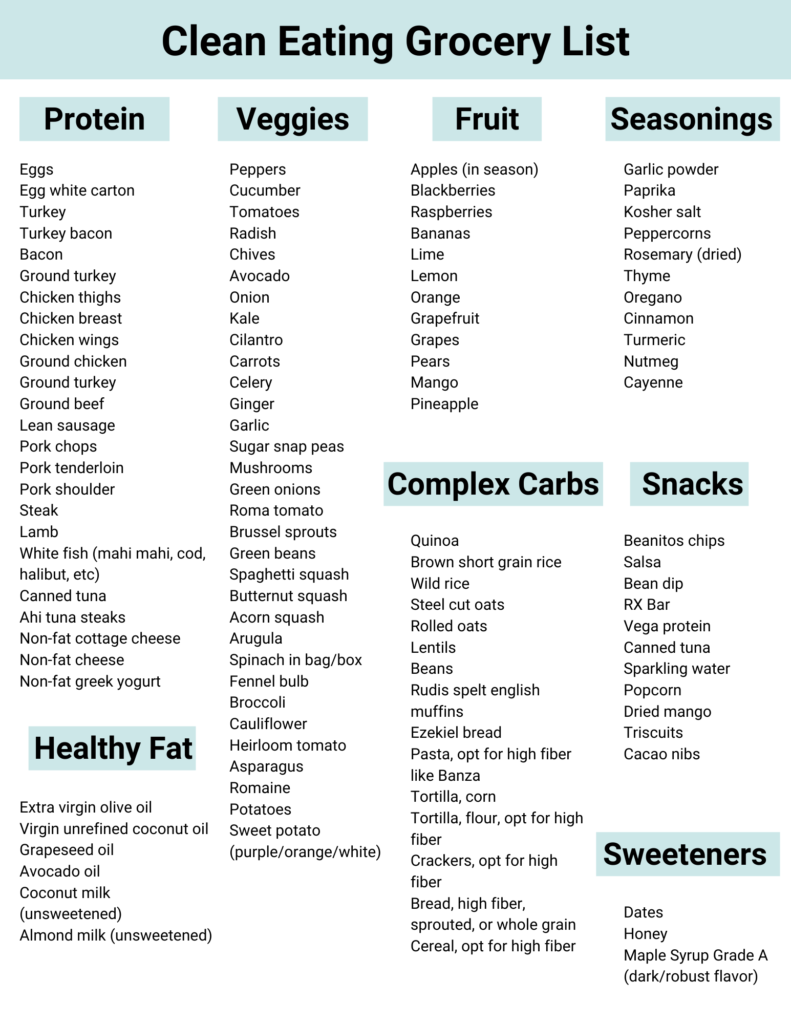
Credit: thebodybulletin.com
The Role Of Diet In Weight Loss
Understanding the role of diet in weight loss is crucial for beginners. A proper diet can help shed pounds effectively. Let’s dive into how a balanced diet contributes to weight loss.
Caloric Deficit Explained
A caloric deficit occurs when you burn more calories than you consume. It’s the cornerstone of weight loss. Eating fewer calories than your body uses leads to fat burning. This process is essential for weight reduction.
- Eat less: Choose smaller portions or foods with fewer calories.
- Move more: Increase daily activities or exercise to burn extra calories.
Nutrition Over Dieting
Focusing on nutrition is better than short-term dieting. Whole foods, rich in nutrients, support health and weight management. Avoid processed foods and aim for a balanced intake of carbs, proteins, and fats. Good nutrition fuels the body and helps control hunger.
| Food Type | Benefits |
|---|---|
| Whole Grains | Energy and fiber for digestion |
| Lean Protein | Builds muscle and satisfies hunger |
| Fruits & Vegetables | Vitamins, minerals, and low in calories |
| Healthy Fats | Supports brain health and fullness |
Remember, drink plenty of water. It keeps you full and aids digestion. Consistency with a nutritious diet leads to sustainable weight loss.
Incorporating Physical Activity
Incorporating physical activity into your daily routine is a key step in losing weight. For beginners, the thought of exercise can be daunting. Yet, moving your body is essential for burning calories and improving overall health. Let’s explore how to find the right exercise and why consistency is more important than intensity.
Finding The Right Exercise to Losing Weight
Finding an exercise you enjoy is crucial. It ensures you’ll stick with it. Consider these points:
- Explore different activities: From walking to swimming, there’s something for everyone.
- Think about convenience: Choose exercises that fit your lifestyle and schedule.
- Start slow: Begin with low-impact exercises to avoid injury.
Remember, the best exercise is the one you’ll do regularly!
Consistency Over Intensity
Consistency beats intensity for beginners. Here’s why:
- Builds habit: Regular exercise turns action into habit.
- Prevents burnout: Starting with moderate workouts reduces the risk of quitting.
- Improves endurance: Over time, consistent workouts boost stamina and strength.
Mark your calendar. Aim for at least 150 minutes of moderate exercise each week. Break this into manageable sessions to start your weight loss journey on the right foot.
Understanding Macronutrients
Macronutrients are the building blocks of our diet. They provide energy and support growth. For anyone beginning their weight loss journey, a clear understanding of proteins, fats, and carbohydrates is crucial. Each plays a unique role in the body. By balancing these nutrients, one can create a diet that supports healthy weight loss.
Balancing Proteins, Fats, And Carbohydrates
Proteins build muscles and keep hunger at bay. Lean meats, legumes, and dairy are excellent sources. Fats are essential too, but choosing the right ones, like those from avocados and nuts, matters. Carbohydrates provide energy. Whole grains and vegetables are the best choices. Aim for a balance that fits your lifestyle and body needs.
- Proteins: 10-35% of daily calories
- Fats: 20-35% of daily calories
- Carbohydrates: 45-65% of daily calories
Reading Food Labels
Understanding food labels is key to managing macronutrients. Labels show the amounts of proteins, fats, and carbohydrates. They also list the serving size and calories. Start by checking the serving size. Then, look at the total calories per serving. Next, review the macronutrient breakdown. Choose foods with higher protein and fiber. Limit added sugars and saturated fats.
| Nutrient | What to Look For |
|---|---|
| Proteins | Higher numbers are better. |
| Fats | Look for unsaturated fats. |
| Carbohydrates | Choose complex carbs with fiber. |
Read labels every time you shop. It helps track your intake and make smarter choices.
Hydration And Weight Loss
Starting a weight loss journey begins with understanding the role of water. Proper hydration is key. It helps the body in many ways. Water can be a powerful ally for anyone looking to shed pounds.
Water’s Impact On Metabolism
Metabolism is the engine that burns calories. Drinking enough water boosts this engine. Studies show that water increases metabolic rate. An increased metabolism helps the body burn more calories throughout the day.
- Drink before meals to boost digestion.
- Keep water nearby all day to remind you to drink.
- Start your morning with a glass of water to kickstart metabolism.
Avoiding Sugary Drinks
Sugary drinks add extra calories. These calories do not satisfy hunger. They can lead to weight gain. Choose water over soda to reduce calorie intake. This simple swap can lead to significant weight loss over time.
| Drink | Calories |
|---|---|
| Cola (12 oz) | 150 |
| Water (12 oz) | 0 |
Remember, water is not just a thirst quencher. It’s a tool for weight loss. Keep hydrated and watch the pounds start to drop. Your body will thank you.
The Importance Of Sleep
Sleep plays a critical role in weight loss. Good sleep patterns improve metabolism and aid weight management. Lack of sleep can lead to weight gain. Let’s explore how sleep affects hormonal balance and tips for better sleep hygiene.
Sleep And Hormonal Balance
Quality sleep keeps hunger hormones in check. These hormones are ghrelin and leptin. Ghrelin signals hunger. Leptin signals fullness. Poor sleep increases ghrelin and decreases leptin. This imbalance makes you eat more.
Cortisol, the stress hormone, also rises with poor sleep. High cortisol levels increase appetite. They can lead to belly fat. Good sleep keeps cortisol levels stable.
Insulin, which controls blood sugar, is affected by sleep too. Insufficient sleep can lead to insulin resistance. This condition makes weight loss harder. It can also lead to type 2 diabetes.
Tips For Better Sleep Hygiene
- Set a schedule: Go to bed and wake up at the same time every day.
- Limit caffeine: Avoid caffeine close to bedtime.
- Bedroom environment: Keep your bedroom dark, cool, and quiet.
- Electronics: Turn off screens at least an hour before bed.
- Relaxation techniques: Try deep breathing or meditation to unwind.
- Physical activity: Regular exercise helps you sleep better. Avoid intense workouts close to bedtime.
By following these tips, you can improve your sleep. Better sleep supports your weight loss journey. Start making changes tonight for a healthier tomorrow.
Managing Stress And Emotional Eating
Embarking on a weight loss journey often involves more than just diet and exercise. Managing stress and emotional eating plays a critical role in achieving your goals. Stress can derail the best of intentions, leading to comfort eating and weight gain. Understanding how to handle stress can set the foundation for a healthier lifestyle.
Identifying Triggers
Recognizing what prompts you to eat emotionally is the first step to managing it. Common triggers include stress, boredom, sadness, or fatigue. Keeping a food diary can help. Note what you eat, when, and how you feel. Soon, patterns will emerge, guiding you towards understanding your triggers.
Healthy Coping Mechanisms
Finding ways to deal with stress without food is essential. Consider these alternatives:
- Physical activity: A short walk or dance session can boost your mood.
- Mindfulness: Practices like meditation can calm your mind.
- Hydration: Sometimes thirst is confused with hunger; drink water first.
- Healthy snacks: Choose fruits or nuts over processed foods.
Experiment with these strategies to find what works best for you. Remember, managing stress is not just about avoiding weight gain; it’s about nurturing your overall well-being.
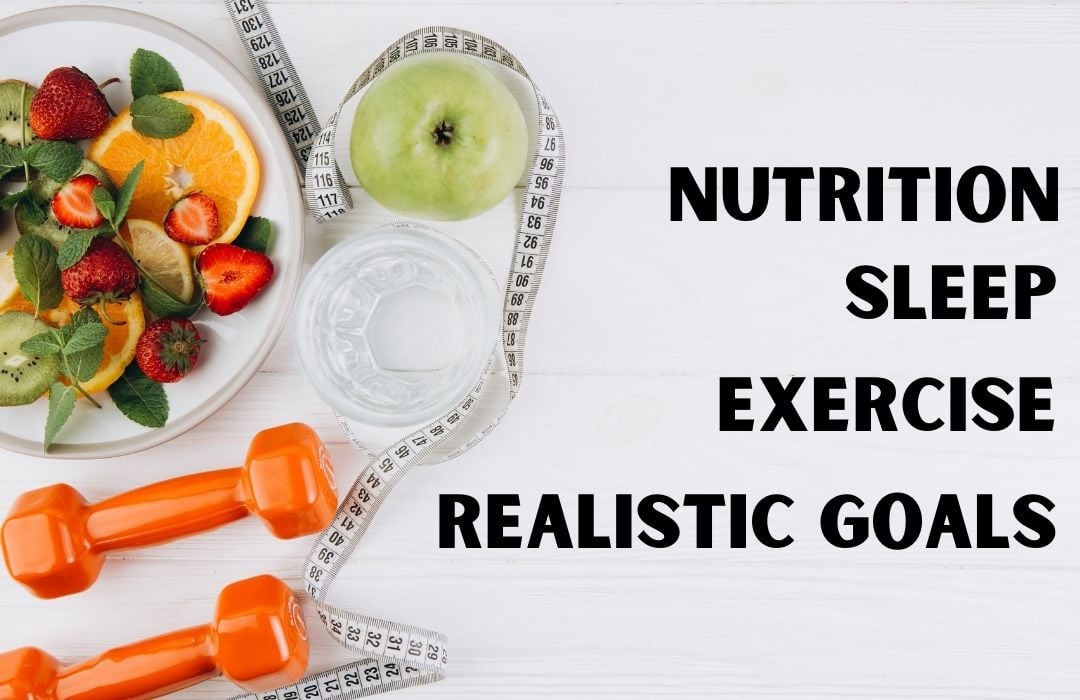
Credit: www.livritefitness.com
Tracking Progress And Staying Motivated
When embarking on a weight loss journey, tracking progress and staying motivated are key to success. These elements provide a clear vision of where you are and where you want to be. They help maintain focus and celebrate every step forward. Let’s dive into how setting milestones and celebrating achievements can make a difference.
Setting Milestones
Milestones act as signposts on your weight loss path. They break down your ultimate goal into achievable parts. Think of them as mini-goals leading up to your main target.
- Choose realistic and specific milestones.
- Focus on short-term and long-term goals.
- Include a mix of scale and non-scale victories.
A milestone could be losing your first five pounds or walking 10,000 steps a day. It could also be fitting into a smaller dress size. These goals are easier to reach and keep you moving forward.
Celebrating Achievements
Celebrating your wins fuels your motivation. It reminds you that your hard work is paying off. When you reach a milestone, take time to enjoy your success.
| Milestone Achieved | Reward |
|---|---|
| First 5 pounds lost | A new workout playlist |
| 10,000 steps a day for a week | A movie night |
| One dress size down | Shopping for a new outfit |
Remember, rewards should not counteract your efforts. Choose healthy rewards that complement your lifestyle changes. This will keep your spirits high and your body healthy.
Credit: www.quora.com
Frequently Asked Questions
How To Start Losing Weight As A Beginner?
Begin with small dietary changes, like cutting processed foods. Aim for regular physical activity, even short daily walks. Set realistic goals and track your progress. Drink plenty of water, and prioritize sleep to aid recovery. Consult a healthcare professional for personalized advice.
How Long Does It Take For A Beginner To Losing Weight?
Weight loss for beginners varies, typically starting within weeks. Consistency and healthy habits are key for progress.
Where Do I Start When I Want To Losing Weight?
To start losing weight, consult a healthcare professional for personalized advice. Create a balanced diet plan, and include regular physical activity. Track your progress and stay consistent with your healthy lifestyle changes.
How To Start A Diet For Beginners?
Begin by setting realistic goals and choosing a balanced diet plan. Gradually change eating habits, incorporating more fruits, vegetables, and whole grains. Ensure portion control and stay hydrated. Track progress and stay consistent for best results. Consult a nutritionist for personalized guidance.
Conclusion
Embarking on a weight loss journey may seem daunting, but with the right steps, success is within reach. Start by setting realistic goals and embracing healthier eating habits. Remember, consistency is key, and small, sustainable changes lead to significant results.
Keep moving, stay motivated, and watch as your efforts turn into a healthier, happier you.
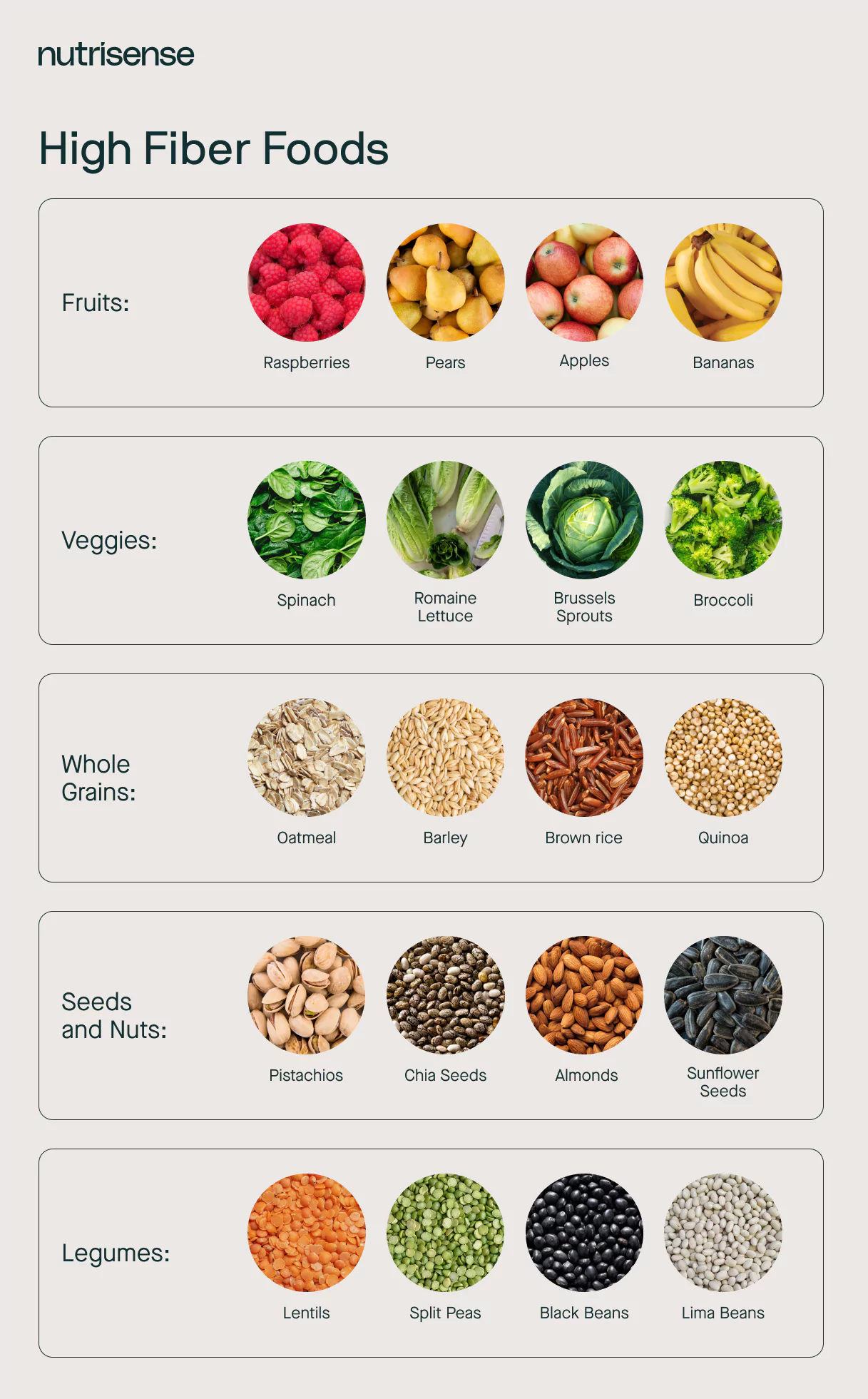
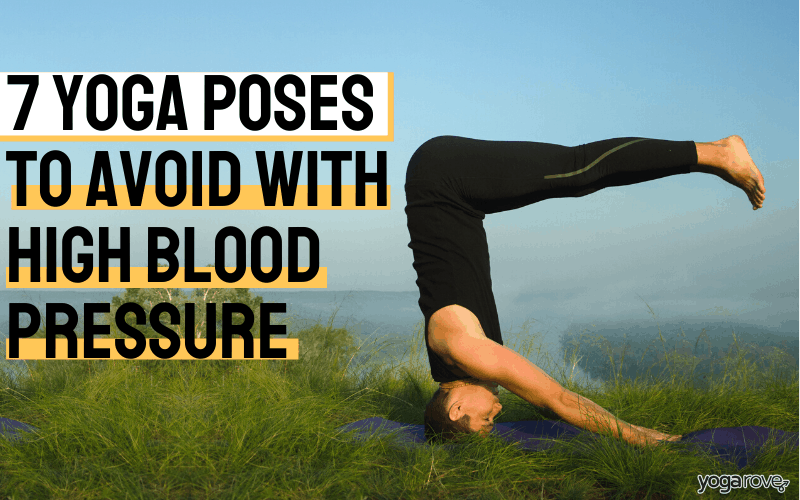
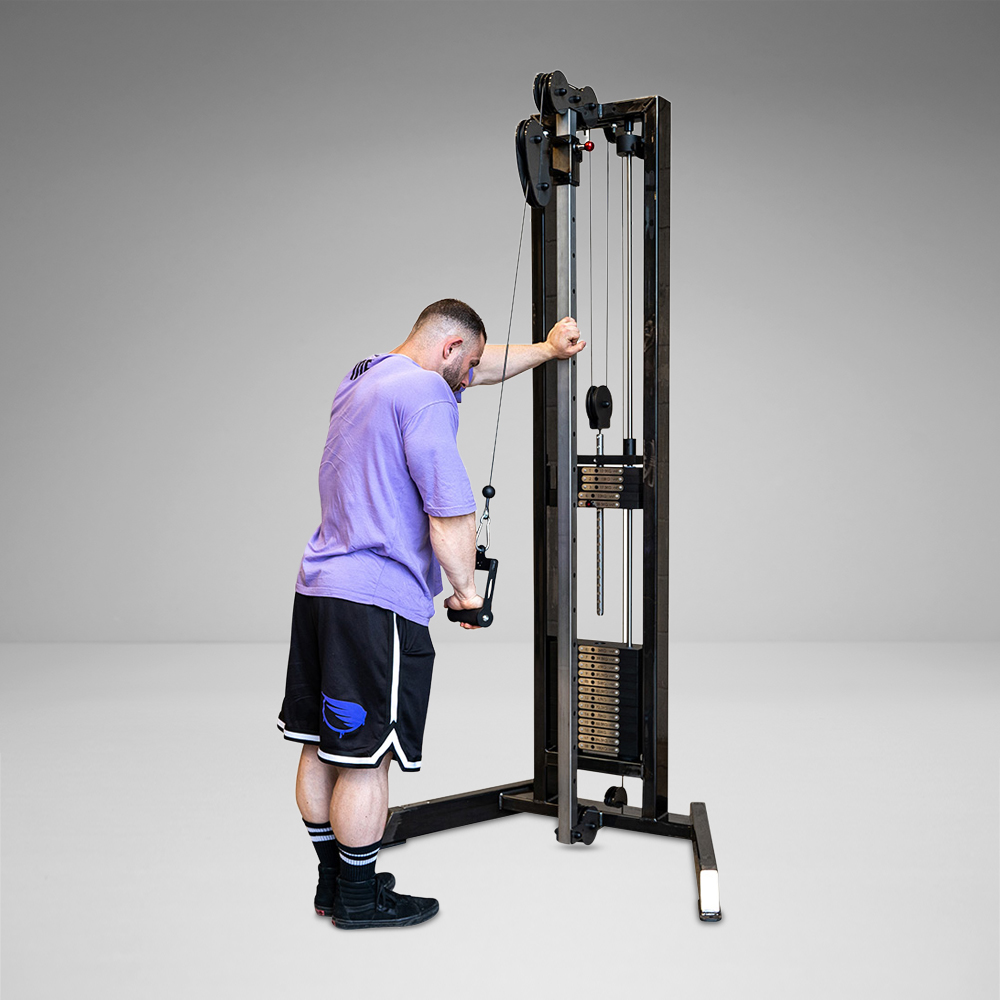
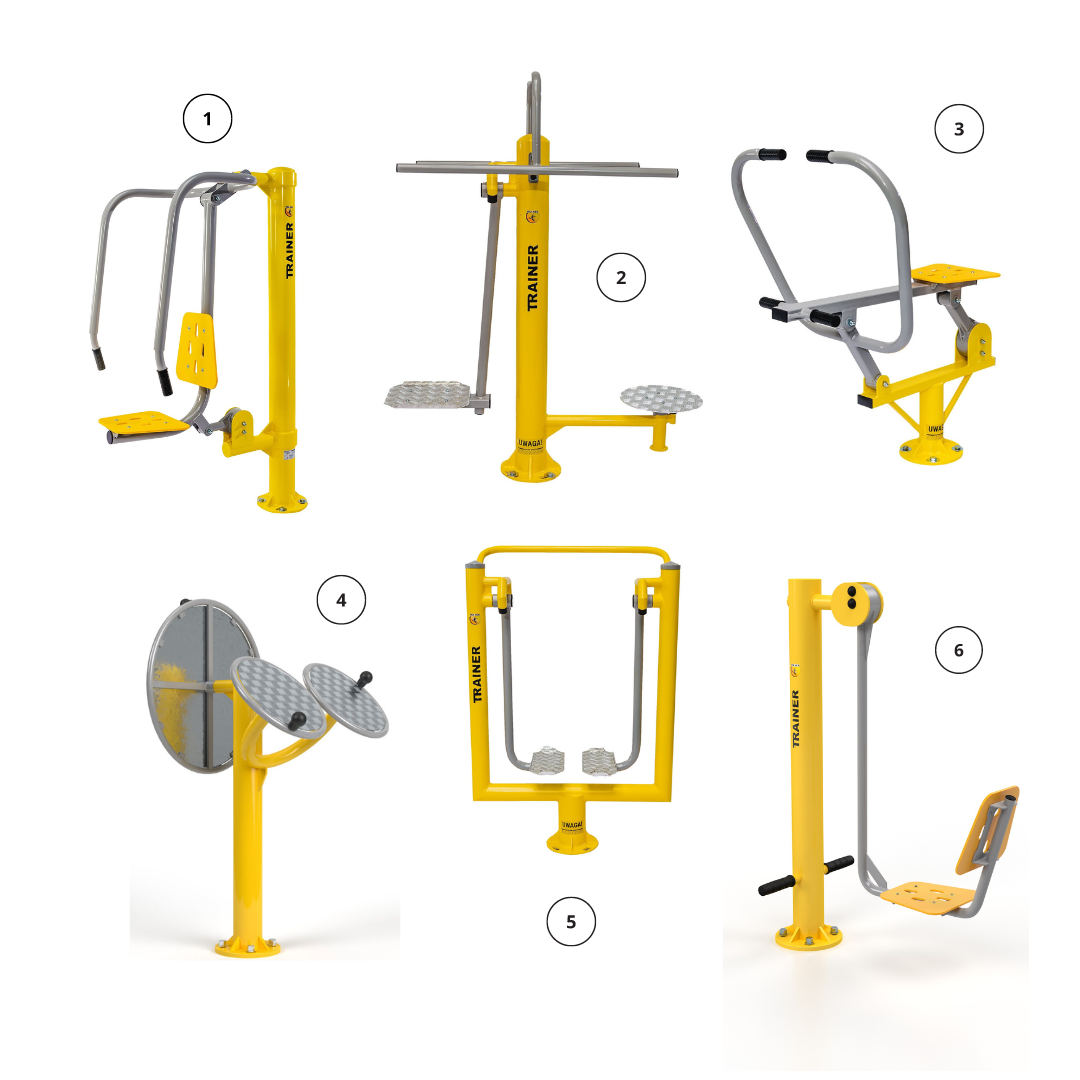
Leave a Reply